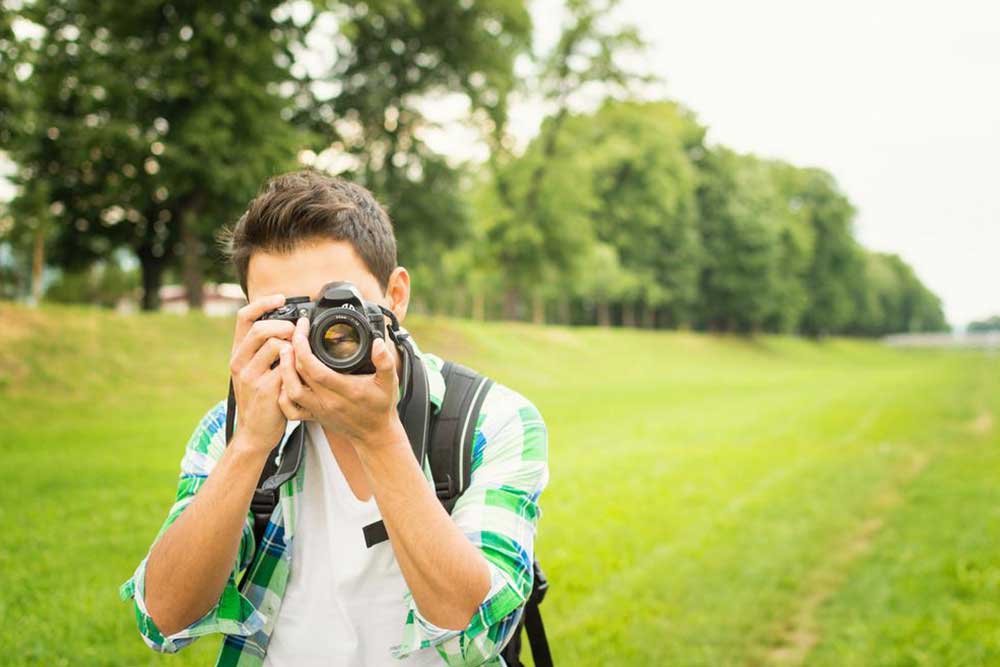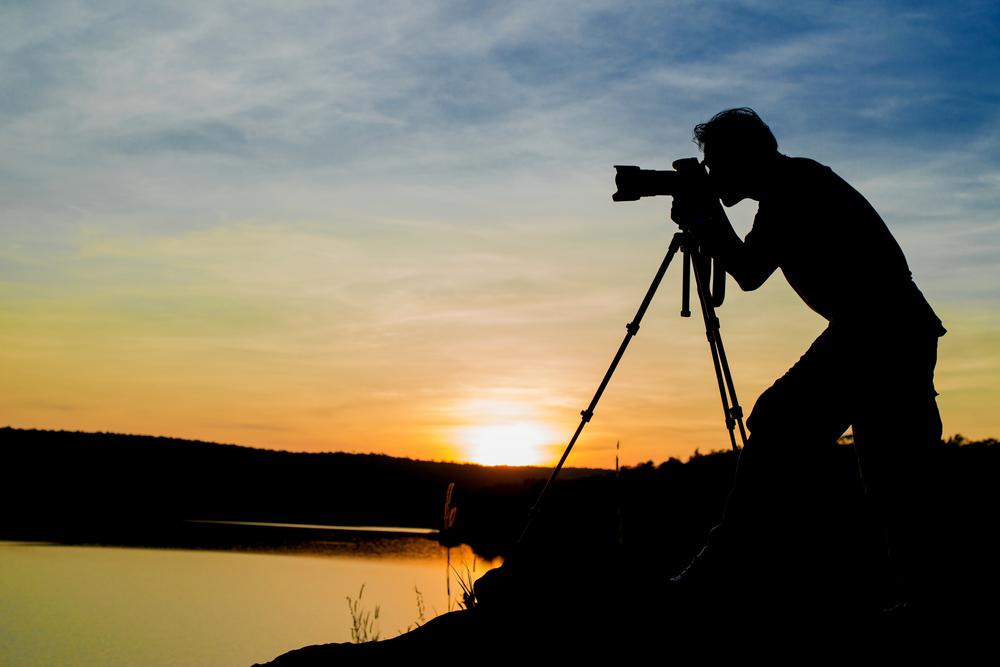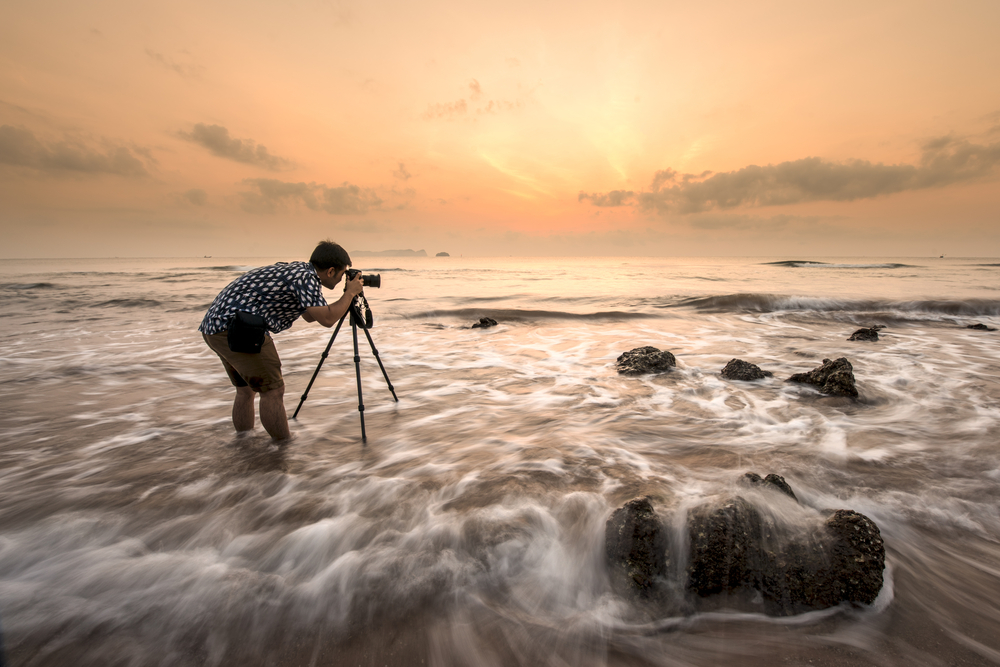Top 5 Beginner Tips for Improving Digital Photography Skills
Learn essential digital photography tips for beginners, including composition, exposure, lens choices, and lighting. These practical guidelines will help newcomers enhance their skills and capture stunning images with confidence. Practice and experimentation are key to mastering digital photography. Perfect for hobbyists eager to improve their craft and create professional-looking photos effortlessly.

Top 5 Beginner Tips for Improving Digital Photography Skills
Capturing stunning images is a form of creative expression. With digital cameras now easy to operate, anyone can learn the basics of photography. If you're new to DSLR cameras, it might feel overwhelming at first. Don’t worry—here are five essential tips to help you begin your photography journey.
Apply the 'Rule of Thirds'
This fundamental principle suggests avoiding placing your main subject directly at the center. Instead, imagine dividing your frame with two horizontal and two vertical lines. Positioning your subject at the intersections enhances visual interest.
The crossing points of these lines are ideal spots to position your subject. Following the 'Rule of Thirds' helps draw attention and creates balanced compositions.
Master the 'Exposure Triangle'
Understanding the relationship between aperture, shutter speed, and ISO—known as the 'Exposure Triangle'—is vital for capturing well-exposed images in diverse lighting conditions. Practicing this will also enhance your creative control over photos. Achieving mastery requires consistent practice.
Shoot Using RAW Format
Before taking photos, switch your camera's file format from JPEG to RAW. RAW files preserve all the image data captured by your sensor, offering more detail and flexibility during editing. Professionals favor RAW for its superior quality and editing potential.
Experiment with Different Lenses
If you're starting with the common 18-55mm kit lens, consider trying other lenses such as telephoto, prime, wide-angle, or macro lenses. Exploring various optics will unlock new creative possibilities and improve your photographic skills.
Use Natural Light Indoors
For indoor shots, rely on natural light rather than flash. Turn off the flash, increase the ISO to around 800 or higher, and use the widest aperture available. Modern digital cameras make it easy to see results instantly on the LCD screen, facilitating better indoor photography.









